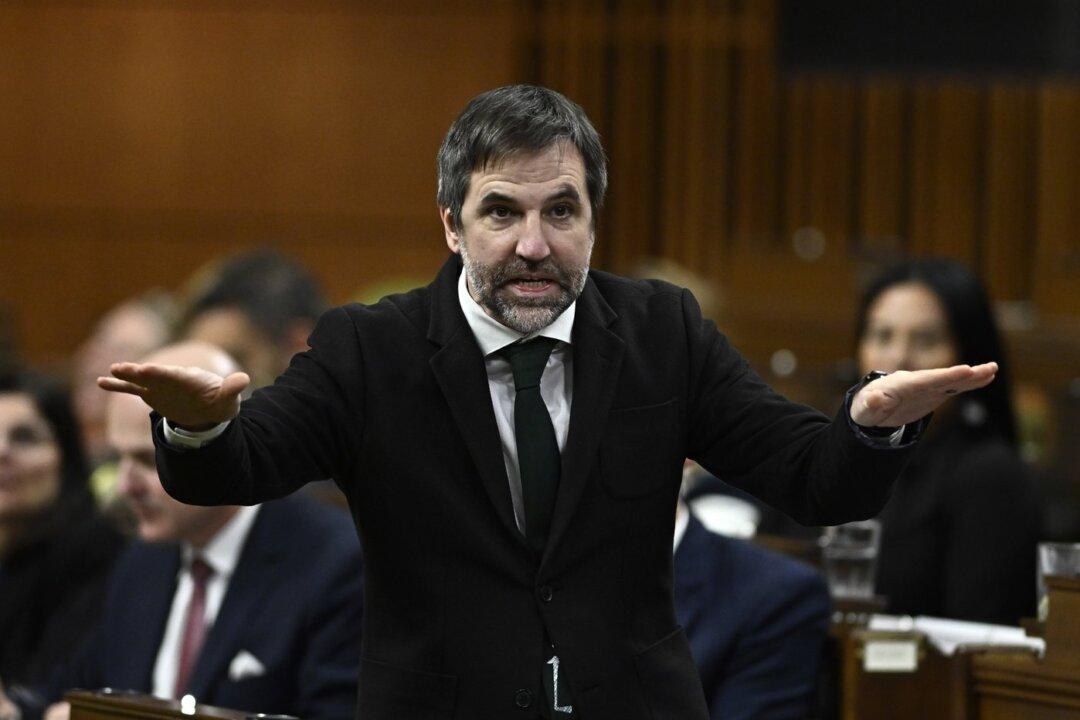Environment Minister Steven Guilbeault is refusing to guarantee the current $170-per-tonne cap on the carbon tax after 2030, saying it’s “a decision that hasn’t been made.”
Mr. Guilbeault, while testifying before the Commons environment committee on Dec. 14, was accused by the Conservatives of reneging on a 2021 cabinet promise to keep the current cap in place, the equivalent of 40 cents per litre on gasoline, as reported by Blacklock’s Reporter.





